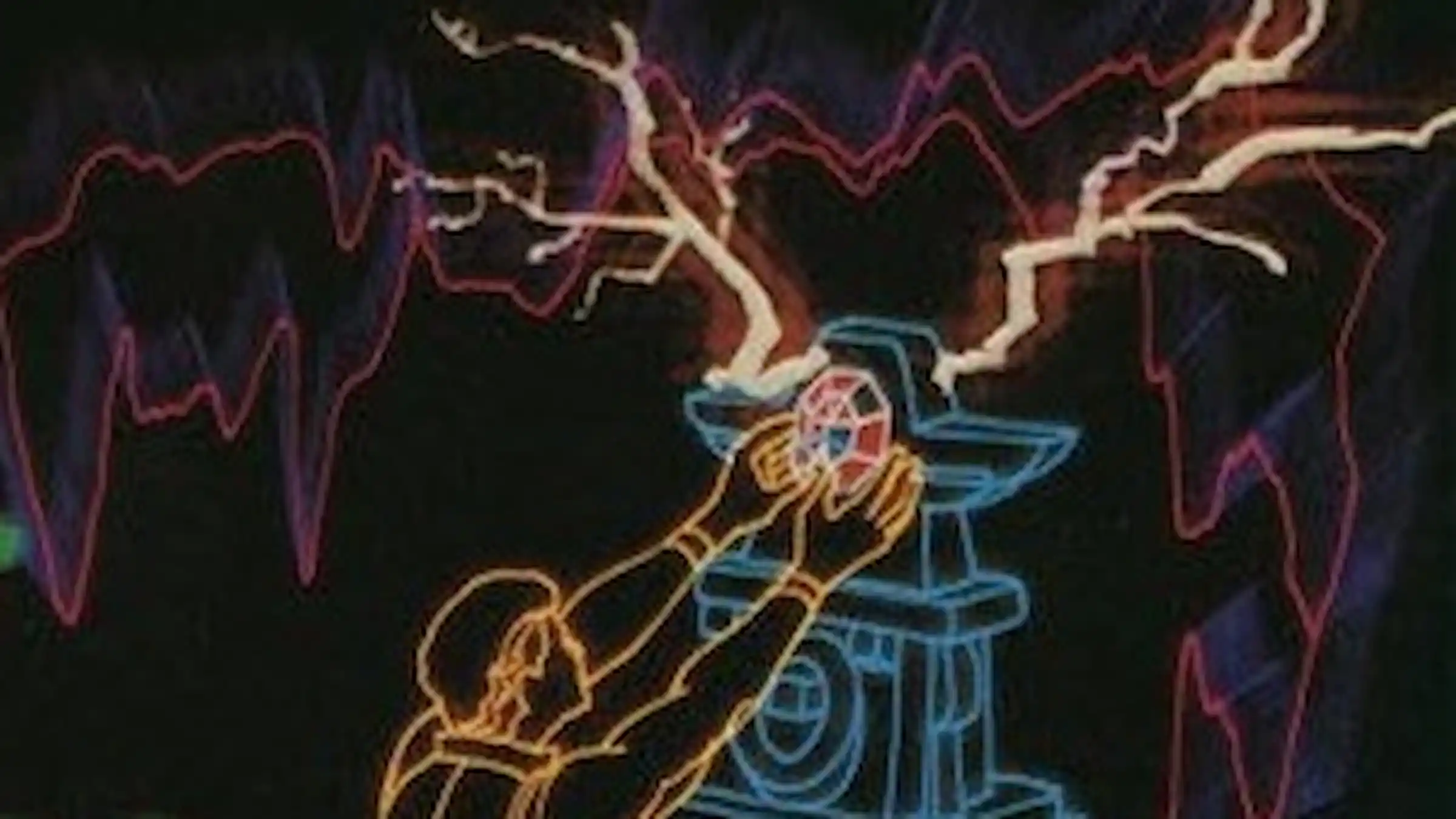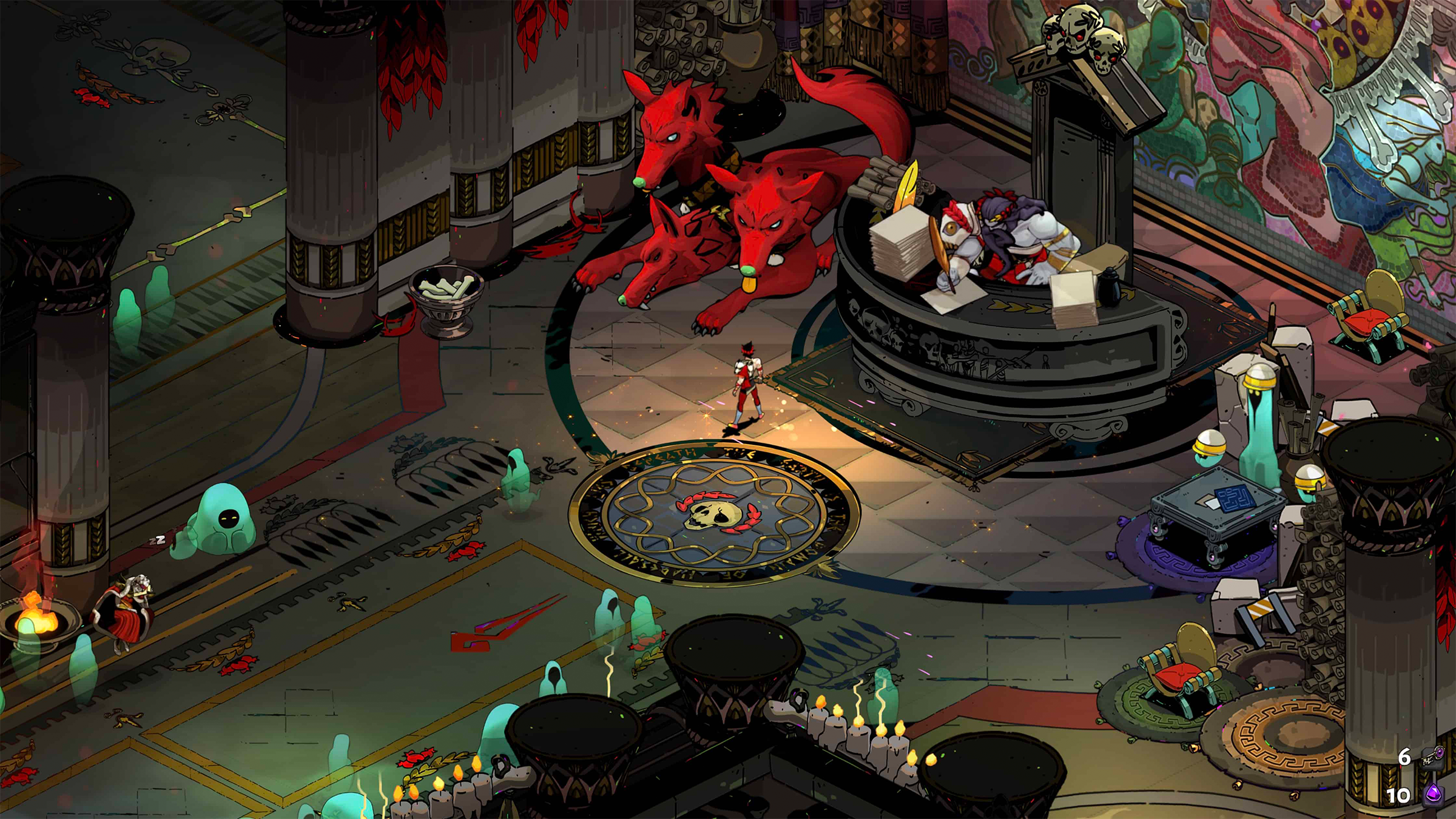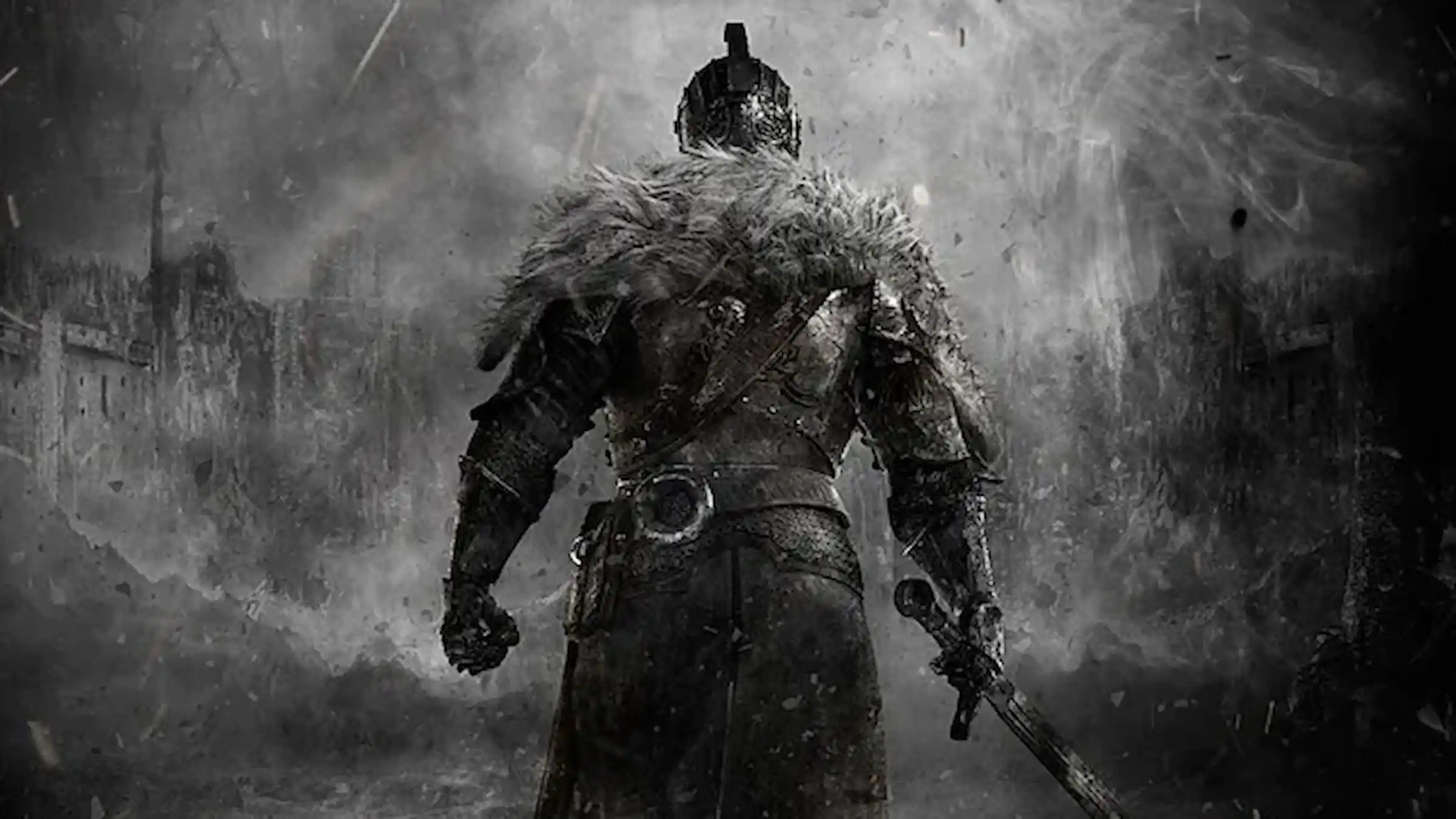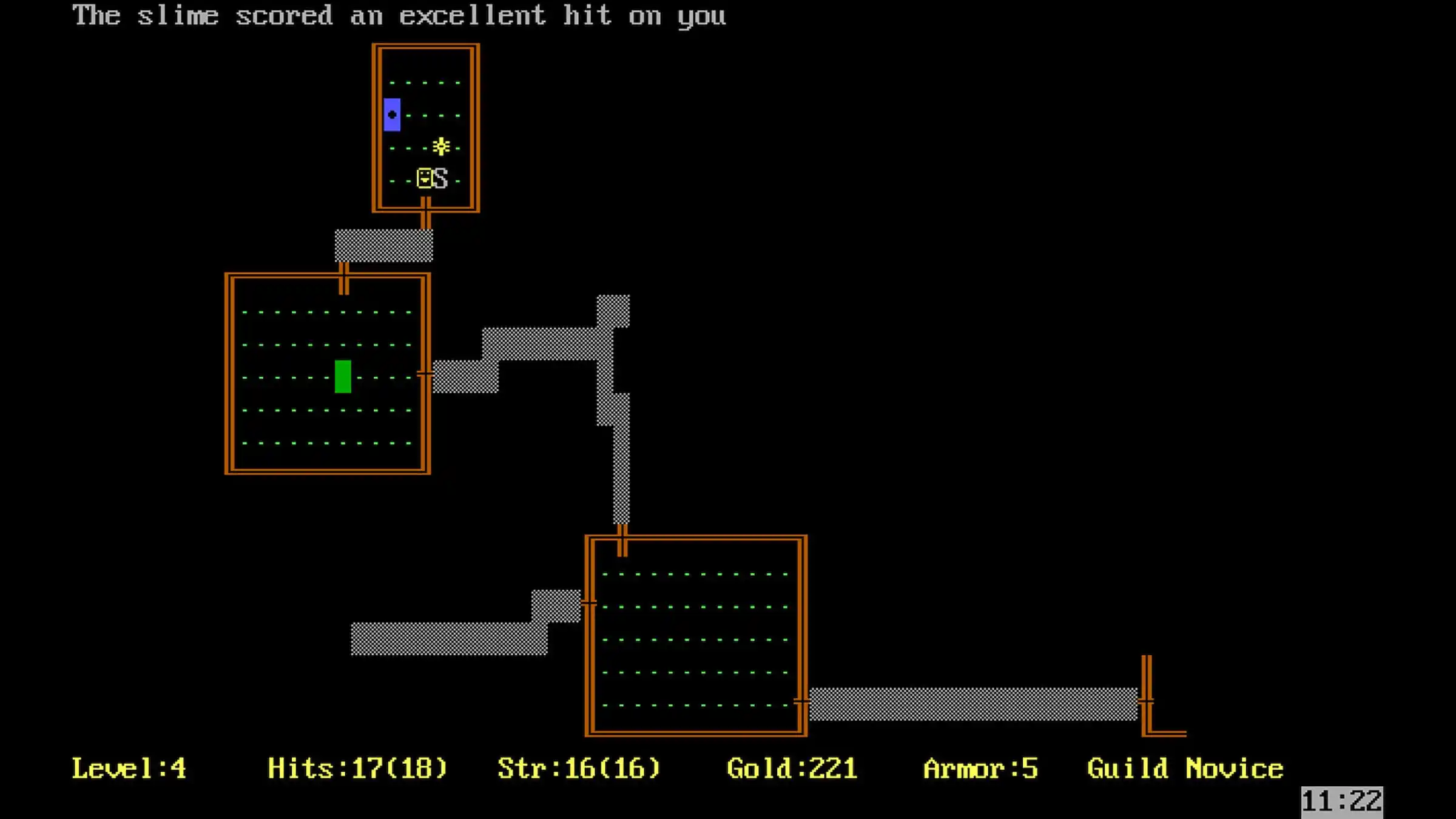
Each generation of video games has a standout title – a game that subtly introduces an idea the industry only fully appreciates years later. Right now, the roguelike genre is hugely popular and influential, appearing in everything from small indie games to big-budget blockbusters. Titles like Hades, Slay the Spire, Dead Cells, and Returnal are known for their innovation, addictive gameplay, and complex systems. But before these games became famous, and before “roguelike” became a popular term, a simple dungeon crawler quietly started it all.
The game Rogue, released in 1985, is well-known to many modern gamers, though surprisingly few have actually played it. Rogue didn’t just start a new genre; it established a whole way of designing games. Features like permadeath (where losing means starting over), randomly generated levels, gameplay built around repeated runs, and tough choices weren’t common at the time. They were innovative ideas that have influenced game design for almost forty years. It’s likely many popular games we enjoy today wouldn’t exist, or would be very different, without the impact of Rogue.
How Rogue Shaped Modern Roguelikes Like Hades and Slay the Spire

It’s easy to take the impact of Rogue for granted today, but it was a truly groundbreaking game. It pioneered features like randomly generated dungeons, unpredictable item drops, and permanent character death – concepts that were completely new at the time. Before Rogue, most games were created with a clear ending in mind. Rogue instead offered an experience focused on replayability, where players learned and improved with each playthrough, as the game itself constantly changed.
I’m a big fan of roguelike games. Titles like Hades, Slay the Spire, and Loop Hero have kept me hooked on my Nintendo Switch for hours on end. What I love about them is that each playthrough is unique, presenting fresh challenges and a chance to improve. This cycle of learning from failure is the heart of the genre, and it all started with the original Rogue. Even though Slay the Spire plays differently with its deck-building, the underlying principle remains: every attempt reveals something new, and every setback helps you get better.
The game Rogue proved that games don’t need huge budgets to be endlessly replayable, and that embracing unpredictability could be a good thing. It also showed players enjoy a challenging experience as long as it feels reasonable. Now, roguelike games are incredibly popular – people are almost expecting new releases to fit the genre. That addictive feeling of wanting to play ‘just one more run’ is what defines the genre, and it all began with Rogue back in 1985.
Even Dark Souls and Fire Emblem Were Influenced by Rogue

What truly sets Rogue apart is the lasting impact of its design, extending well beyond the roguelike genre it created. Its defining feature, permadeath – where characters stay dead – became a key element in strategy games like Fire Emblem and Xcom. These games used permadeath to create a level of emotional connection and tension that most role-playing games couldn’t achieve, making every choice feel significant because of the risk of permanent loss. This feeling of high stakes directly originates from Rogue’s core design principles.
Even games like Dark Souls, often called “soulslikes” instead of “roguelikes”, still show hints of the original Rogue. You see it in how carefully you have to manage your resources, how punishing mistakes are, and the way you learn by repeatedly dying. The emotional journey – starting with frustration and eventually achieving skill – feels very similar. When I first played Dark Souls, I immediately felt the same tension as when I started Rogue: a single error could lead to serious setbacks. I even notice Rogue’s impact in games like Arc Raiders, where each attempt can end in failure and lost progress.
Although Dark Souls allows players to respawn instead of losing all their progress, it still captures the challenging essence of Rogue. Both games share the philosophy that players should be pushed to get better, not shielded from difficulty. Rogue‘s influence can be seen in many games that offer big rewards alongside significant risks, and even tabletop role-playing games borrowed its unpredictable nature and the weight of character choices. When a game forces you to carefully consider every action, it’s a sign of Rogue‘s lasting impact. Rogue didn’t just start a genre; it changed how game designers approach creating challenges.
The Lasting Appeal and Legacy of the Roguelike Genre

It’s remarkable how impactful Rogue remains almost forty years after its release. While newer roguelike games have added things like stories, character progression, better graphics, and options to make the game easier, the basic structure hasn’t really changed. The core gameplay – repeated runs, random levels, and the player improving their own skills – is surprisingly timeless, arguably more so than many other game concepts from the 1980s, even if the original Rogue feels a bit dated by today’s standards.
Roguelikes have remained popular for a simple reason: they tap into our love of taking risks. It’s incredibly rewarding to play a game that challenges you to think on your feet, be creative, and accept that things won’t always go as planned. While many modern games offer carefully crafted experiences, roguelikes stand out as truly unpredictable.
I have so many incredible gaming memories tied to those nail-biting moments in games like Into the Breach, Slay the Spire, and Hades. There’s nothing quite like being on the verge of losing an entire run because of one little slip-up, then somehow pulling through! It really comes down to the core of what makes those games so great – they push you to your limits, force you to learn from your mistakes, and always encourage you to try one more time.
The influence of the original Rogue is clear in the wide variety of games it inspired. We now see its elements in everything from deck-building games and shooters to platformers, action games, and even farming simulators. This genre is incredibly versatile, easily blending with different styles to create innovative experiences. With roguelikes consistently appearing on ‘best of’ lists, it’s evident that Rogue laid the groundwork for many popular indie games, impacted how big-budget titles are made, and continues to inspire developers to focus on replay value.
What do you think? Leave a comment below and join the conversation now in the ComicBook Forum!
Read More
- How to Get the Bloodfeather Set in Enshrouded
- Best Controller Settings for ARC Raiders
- The Best Members of the Flash Family
- Where Winds Meet: How To Defeat Shadow Puppeteer (Boss Guide)
- Every Targaryen Death in Game of Thrones, House of the Dragon & AKOTSK, Ranked
- 4 TV Shows To Watch While You Wait for Wednesday Season 3
- Battlefield 6 Season 2 Update Is Live, Here Are the Full Patch Notes
- The Pitt Season 2, Episode 7 Recap: Abbot’s Return To PTMC Shakes Things Up
- Auto 9 Upgrade Guide RoboCop Unfinished Business Chips & Boards Guide
- Dan Da Dan Chapter 226 Release Date & Where to Read
2025-11-24 03:12